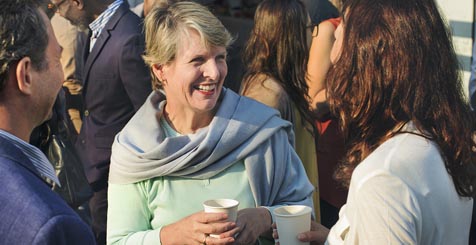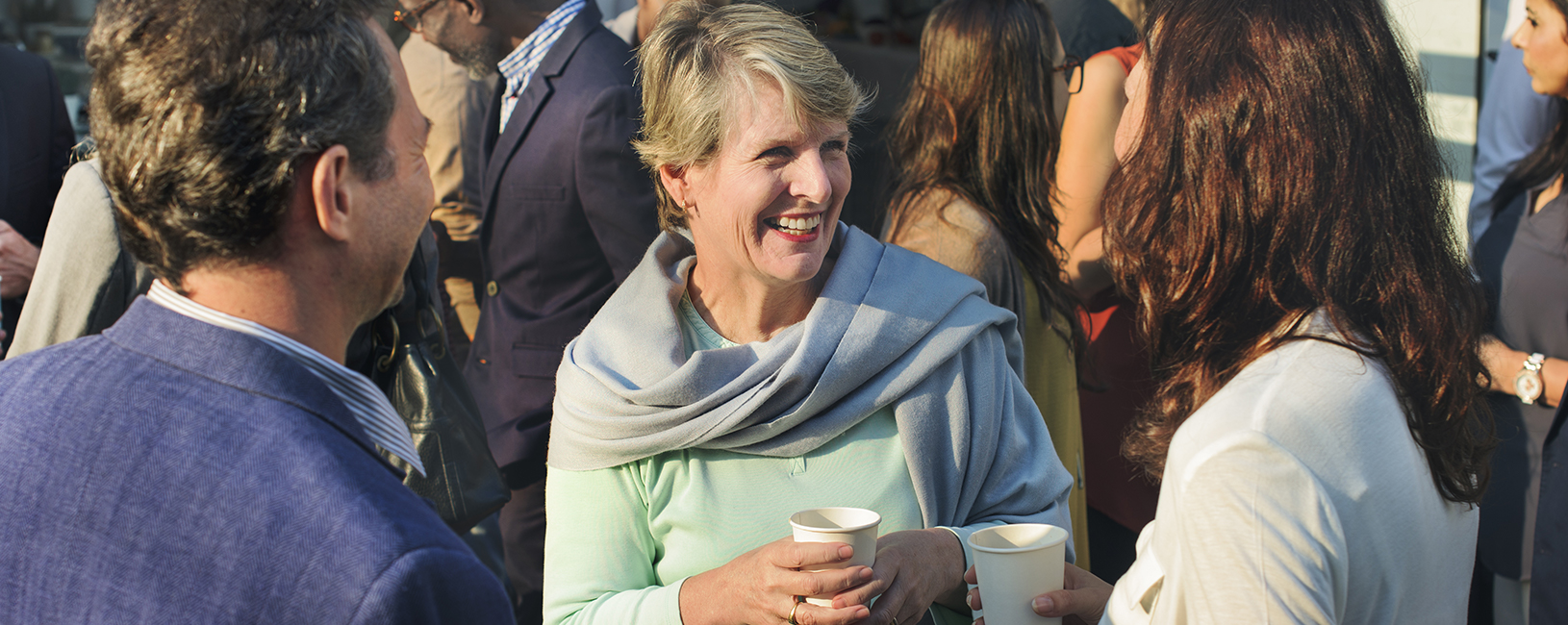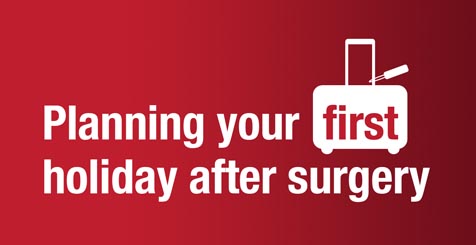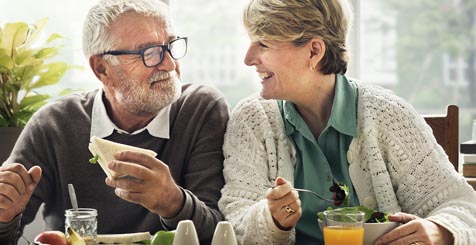The process of replacement heart valve surgery is emotionally and physically challenging – there is a lot to get to grips with, from accepting that you have a major health problem to taking responsibility for making some fundamental lifestyle changes. So why can connecting with others and joining groups help heart valve patients? Here are some good reasons to think about…
Any illness is lonely
When you have a health condition that isn’t the norm, it’s very easy to feel isolated. If you only talk to your usual social circle, the chances are that you’ll end up feeling like no one understands. That’s not their fault – they genuinely don’t have insight into your situation. Instead of getting stuck on how people don’t get it and shutting yourself off, finding a group of people who have a very similar health challenge will remind you that others have been through the same thing. You’re not alone, there are plenty of people who have been there before you who can offer you valuable advice and moral support.

Expressing your feelings is healthy
Talking to people who understand what you’re going through will make you feel less anxious and better able to look forwards. Sharing your mental load in a trusted circle of fellow patients gives them the chance to encourage you and praise you for the progress you’ve made so far.
You’ll have people to train with
Exercising will be part of your rehabilitation programme. If you join a group or connect with other patients, you’ll have a ready-made set of people to join in an activity, whether that’s taking an exercise class, playing a sport or simply going for a walk. Some organised exercise activities are also supervised by British Association for Cardiovascular Prevention and Rehabilitation (BACPR)-qualified professionals, too.
Groups are a great source of information
Knowledge is power – what better place to get advice on how to deal with health challenges and find out useful information about treatment than from a specialist support group? During a medical appointment, you may feel anxious and time-pressured and forget to ask that burning question that’s been niggling away at you. At a support group, there’s plenty of time to chat organically about general questions and your group will also direct you to relevant resources like books and websites.
Your social skills will get a boost
If you’ve had to limit your social activities due to ill health, you may have got a little rusty at socialising. Turning up to a group first time might be nerve-wracking, but you’ll soon re-discover your ability to open up conversations and find out about other people, as well as sharing your own experience – remember that groups are about friendship as well as support. Talking to others will give you a much better perspective on your own situation, too!
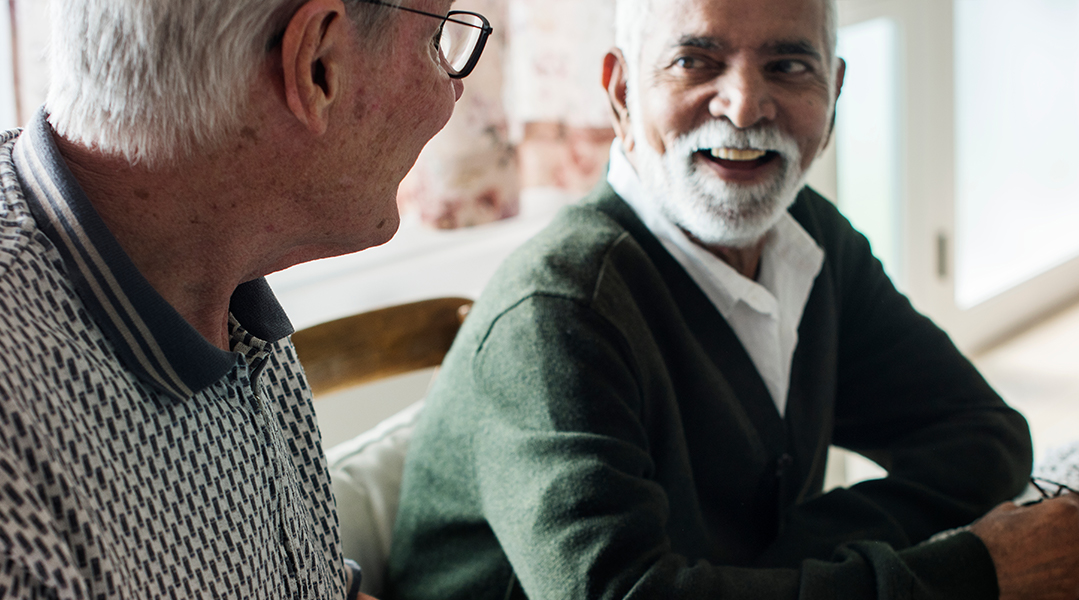
You’ll feel more positive
There’s nothing like seeing people who have come out the other side to make you realise that better health lies ahead. Those who are further along the route to recovery can act as mentors to help keep your spirits up, giving you a powerful dose of hope for the future. Take a look at some of our patient stories for inspiration.
Paying it forward
Before too long you’ll become one of the ‘old hands’ in the group, meaning that you can return the favour others previously did for you by helping new members who are coming to terms with their situation. Doing good is great for boosting your sense of self-worth and those you can support will remember what you have done for them long into the future.
Groups are affordable
Joining a group is a much more cost-effective way to work through heart valve surgery and the aftermath than paying for individual therapy and avoids the wait for support that might be involved by going through the NHS. A support group will usually involve nothing more than a very modest annual membership fee, with any other one-off costs for activities being within your control to manage.
Where to find a support group
If all of that sounds good, why not get on with finding a local group? The British Heart Foundation (BHF) has almost 300 affiliated support groups around the UK – you can find your local group here. Depending on where you’re based, Chest Heart & Stroke Scotland can put you in touch with groups north of the border. Northern Ireland Chest Heart and Stroke or the BHF’s Northern Irish group are also available. And if there isn’t a group near to you, the BHF will even help you set one up.
Online groups
Social media can be a great way to connect with other people in the same situation as you; both in the run-up to surgery, during recovery and in their day to day lives afterwards.
The Active-patients Facebook community is a great place to connect with other patients.
It’s a closed group, meaning that you have to send a request to join, which will be reviewed quickly before you can access its pages, post any questions and share your experiences. With members at all stages of the process pre- and post-operation, you’re sure to find plenty of common ground and make some new friends.


